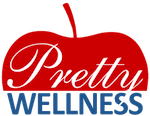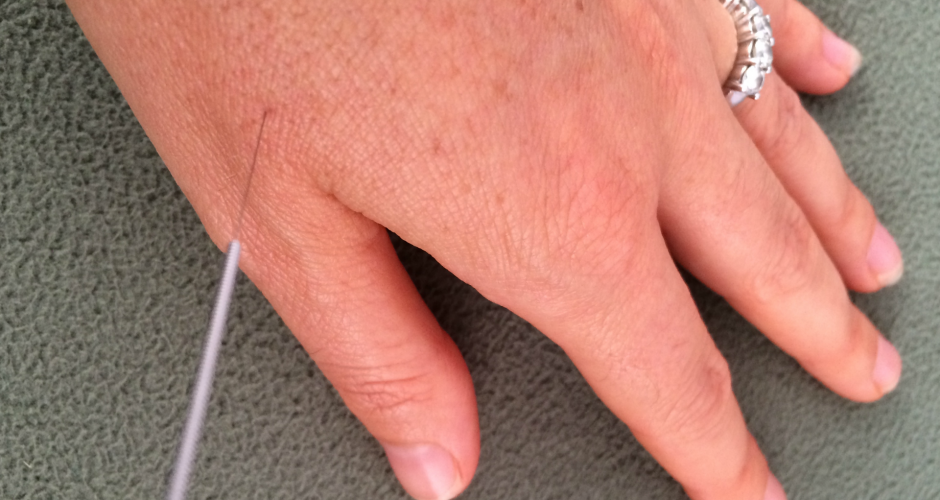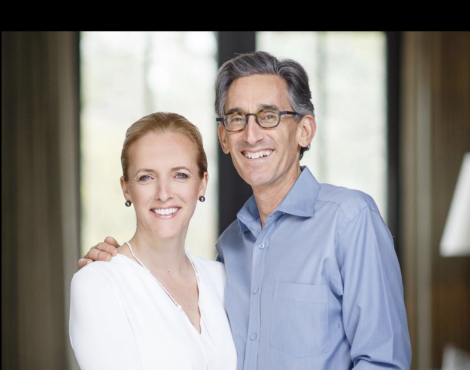If somebody told me years ago that I would get used to needles pricked all over my body, I would have laughed. Despite always being intrigued by health and wellness trends, my fear of those tiny daggers kept me away. About six years ago, however, when trying unsuccessfully to get pregnant, I was desperate to try all-natural methods. It was then that I was introduced to acupuncture.
Acupuncture is an Asian/Chinese modality that’s been around for thousands of years. Thin needles are positioned into certain points (meridians) on the body in an effort to balance the energy flow (chi) throughout. Oftentimes, each patient’s needs are assessed upon the initial visit with a full-body exam and blood work. Once the treatment begins, thin needles are tapped into various points on the skin from head to foot. Treatments last 15-45 minutes, depending on the practitioner. Acupuncture isn’t a one-time fix, follow-up visits are often suggested depending on the symptoms. Many acupuncturists are certified through the National Certification Commission of Acupuncture and Oriental Medicine (NCCAOM.) In addition, some doctors are integrating acupuncture into their practices and can be certified through the American Academy of Medical Acupuncture (AAMA.)
My initial experience with acupuncture was easy and successful. The needle insertion wasn’t painful; at most, I’d say it was a tingle-y sensation. But most importantly, I got pregnant, which is why I started acupuncture in the first place, so I believe it works. When my cancer re-occurred , I searched for ways to supplement my treatment and returned to acupuncture. Again, I’ve seen promising results, and I also feel great.
Acupuncture is a growing trend for patients who complement their traditional treatment with integrative medicine. There are studies illustrating that acupuncture can relieve pain ranging from headaches and carpal tunnel syndrome to fibromyalgia and low back pain. Some cases suggest acupuncture helps treat nausea both in pregnant women or those undergoing chemotherapy. It’s also been considered to lessen side effects from allergies and asthma.
While I still visit my traditional medical team often, I consider my acupuncturist a part of my “wellness” team. I’ve learned a lot from all these medical practitioners and as long as they take my constant questions (and insurance/flex plan dollars), I plan to continue. I’m a strong believer in being my own patient advocate and finding a number of smart people to help improve my quality of life. Check out the National Certification Commission for Acupuncture and Oriental Medicine for more information including certified acupuncturists near you.
What are your thoughts on acupuncture? Have you been treated before or know someone with a success story?
Sources: National Certification Commission for Acupuncture and Oriental Medicine, National Institutes of Health and WebMd.










